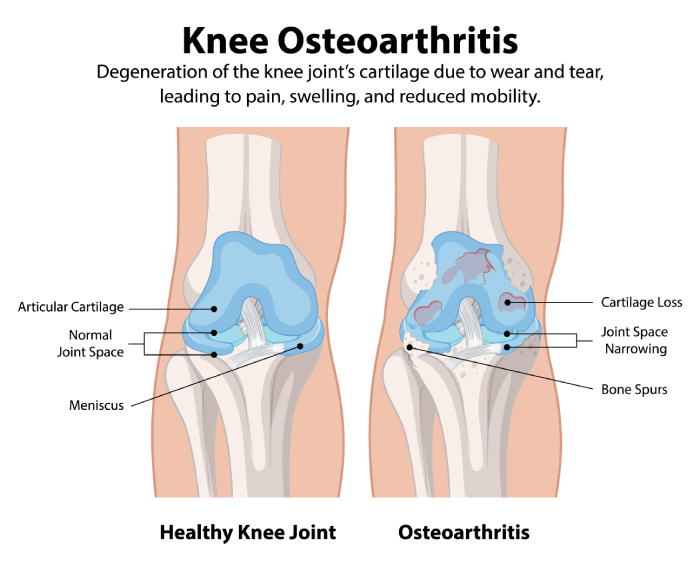Breakthrough Therapy Reduces Triglycerides and Pancreatitis Risk
The U.S. Food and Drug Administration (FDA) has recently granted approval for Tryngolza (olezarsen), a groundbreaking treatment for adults with familial chylomicronemia syndrome (FCS). This novel therapy, developed by Ionis Pharmaceuticals, serves as an adjunct to diet in reducing triglyceride levels and mitigating the risk of acute pancreatitis (AP) in FCS patients.
FCS is a rare genetic disorder characterized by extremely high triglyceride levels, which can lead to potentially life-threatening episodes of acute pancreatitis. Tryngolza represents a significant advancement in the management of this condition, offering hope to patients who have long struggled with limited treatment options.
The FDA’s approval was based on compelling data from the global, multicenter, randomized, placebo-controlled phase 3 Balance clinical trial. This study involved adults with genetically confirmed FCS and fasting triglyceride levels of 880 mg/dL or higher. The results were nothing short of remarkable:
1. After six months of treatment, patients experienced a significant placebo-adjusted mean reduction in triglyceride levels of 42.5 percent.
2. By the 12-month mark, the reduction in triglycerides had further improved to a placebo-adjusted 57 percent mean reduction.
3. Over the course of a year, there was a clinically meaningful decrease in acute pancreatitis events. Only one patient (5 percent) in the Tryngolza group experienced a single AP event, compared to seven patients (30 percent) who collectively experienced 11 episodes in the placebo group.
Tryngolza’s administration is designed for patient convenience, requiring only a monthly self-administered injection via an autoinjector. This user-friendly approach may contribute to improved treatment adherence and outcomes.
Importantly, the clinical trials demonstrated a favorable safety profile for Tryngolza, adding to its appeal as a long-term treatment option for FCS patients.
Brett P. Monia, Ph.D., the chief executive officer of Ionis, expressed enthusiasm about the FDA approval, stating, “For the first time, adults with FCS can now access a treatment that substantially reduces triglycerides and the risk of debilitating and potentially life-threatening acute pancreatitis.”
The approval of Tryngolza marks a significant milestone in the treatment of FCS, offering new hope to patients who have long faced the challenges of this rare genetic disorder.
Commentary by SuppBase columnist Alice Winters:

The FDA approval of Tryngolza (olezarsen) represents a watershed moment in the treatment of familial chylomicronemia syndrome (FCS), a rare genetic disorder that has long posed significant challenges for both patients and healthcare providers. This revolutionary therapy addresses a critical unmet need in the management of FCS, offering a potent weapon against the dangerously high triglyceride levels that characterize this condition.
From a formulation perspective, Tryngolza’s mechanism of action as an antisense oligonucleotide targeting APOC3 mRNA is both innovative and precise. By reducing the production of apolipoprotein C-III, a protein that inhibits triglyceride breakdown, Tryngolza effectively tackles the root cause of FCS. This targeted approach is a testament to the power of modern molecular medicine and represents a significant leap forward from traditional lipid-lowering therapies.
The efficacy data from the Balance clinical trial is nothing short of impressive. A 57% mean reduction in triglycerides at 12 months, coupled with a substantial decrease in acute pancreatitis events, underscores the transformative potential of this therapy. These results not only promise improved quality of life for FCS patients but also suggest a potential reduction in healthcare costs associated with managing acute pancreatitis episodes.
However, it’s crucial to contextualize these benefits against potential limitations. The long-term safety profile of Tryngolza, while favorable in the clinical trial, will need ongoing monitoring as the drug sees wider use. Additionally, the specificity of Tryngolza to FCS means its applicability to other hypertriglyceridemia conditions may be limited.
From a patient perspective, the monthly self-administered injection regimen offers a convenient treatment option, potentially improving adherence. However, this also necessitates patient education and support to ensure proper administration and monitoring.
The pricing structure of Tryngolza will be a critical factor in its accessibility. Given the rarity of FCS, it’s likely that Tryngolza will command a premium price. This raises important questions about healthcare equity and the need for comprehensive insurance coverage to ensure that all eligible patients can benefit from this breakthrough therapy.
In conclusion, the approval of Tryngolza marks a significant milestone in rare disease treatment. It exemplifies the power of targeted molecular therapies and offers new hope for FCS patients. As we celebrate this advancement, it’s imperative that the medical community, policymakers, and patient advocacy groups work together to ensure that this revolutionary treatment reaches those who need it most. The journey of Tryngolza from bench to bedside serves as an inspiring example of what’s possible when scientific innovation meets unmet medical needs.



